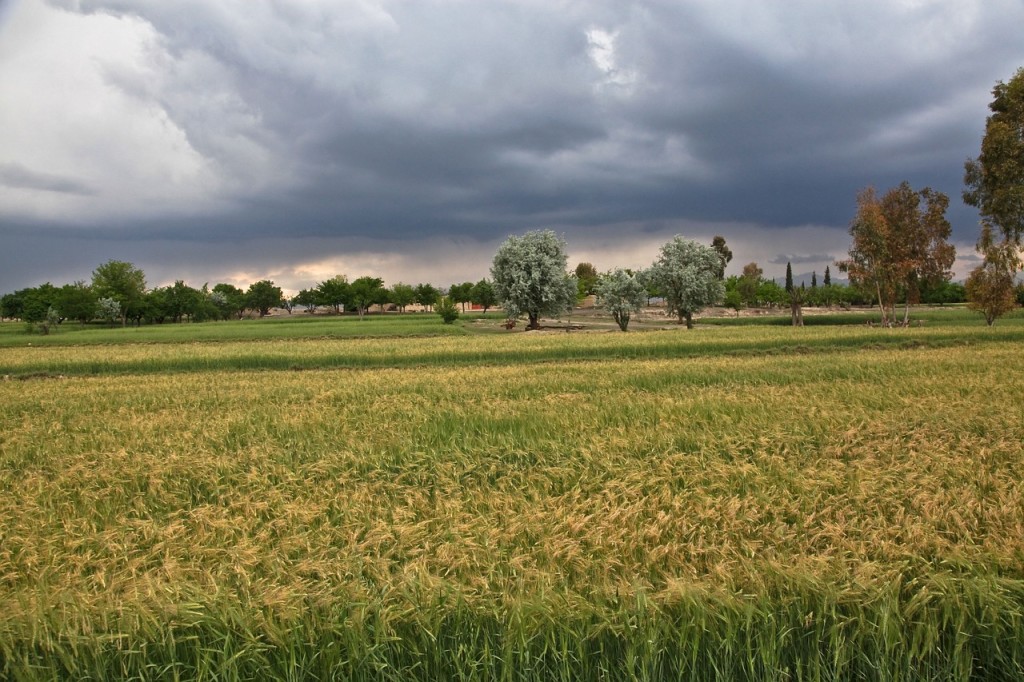 A global company wholly owned by its employees, Development Alternatives, Inc. has been working to bring fresh ideas and alternatives to the field of international development since its incorporation in 1970. Known today simply as DAI, the company partners with development agencies, private corporations, national governments, and philanthropies to create and implement innovative solutions to social and economic development challenges in some of the world’s most vulnerable nations.
A global company wholly owned by its employees, Development Alternatives, Inc. has been working to bring fresh ideas and alternatives to the field of international development since its incorporation in 1970. Known today simply as DAI, the company partners with development agencies, private corporations, national governments, and philanthropies to create and implement innovative solutions to social and economic development challenges in some of the world’s most vulnerable nations.
At present, DAI has more than 3,300 employees worldwide, and it has active projects in more than 80 countries. In Afghanistan, DAI works with international funders on a broad range of development projects, from agricultural initiatives to programs that support small businesses. Projects currently in progress include:
-
The Regional Agricultural Development Program (RADP-East)
This initiative is focused on the agricultural sector in eastern Afghanistan. Farmers and agribusinesses in this part of the country could stand to benefit significantly from Afghanistan’s growing economy and expanded opportunities for international trade. However, many of them still face considerable challenges like unreliable irrigation, inadequate cultivation techniques, and a lack of knowledge about how to connect with new markets. All of these have a negative impact on productivity and profitability.
The RADP-East program aims to address these issues with a value chain facilitation strategy that uses value chain analysis and training initiatives to help improve crop yields and identify new markets where rural Afghan farmers can sell their harvests.
Sample activities conducted under RADP-East include conducting a rigorous evaluation of regional agricultural value chains; leveraging strategies like SMS marketing, radio publicity, and “farmer field day” initiatives to increase awareness of regional agribusiness and connect farmers to new buyers; and providing financial support to organizations that work with farmers to improve business management and operations practices, like farm service centers, agricultural depots, and grower associations.

-
The Agricultural Credit Enhancement Program (ACE)
For over 25 years, farmers in Afghanistan could not access agricultural credit, and this severely restricted the expansion of the farming sector. Under the auspices of the ACE program, DAI helps to manage a major international grant awarded to Afghanistan’s Ministry of Agriculture, Irrigation, and Livestock. It makes credit available to farmers during the farming season, with repayment due after the harvest.
A wide range of farming participants are eligible for these loans, including small commercial farmers, high-value crop producers, agricultural product processors and exporters, and agriculture-related businesses. The ACE program also offers technical assistance and support, as well as learning and advocacy initiatives around agricultural finance, to ensure that farmers who receive loans have the best possible chance of success.
-
The Strong Hubs for Afghan Hope and Resilience Program (SHAHAR)
Afghanistan’s municipal governments will play a critical role in building civil society and providing a better future for Afghanistan in the years ahead. However, although many municipalities have improved over the last decade, few are currently performing at the level necessary to support their citizens during a time of ongoing change.
The SHAHAR program aims to change this by providing targeted financial assistance to municipal governments, municipal advisory boards, and Afghanistan’s General Directorate of Municipal Affairs (GDMA). This assistance specifically supports improvements to municipal financial management, citizen consultation, and service delivery in urban areas.
Additional activities include organizing national, regional, and district conferences where municipalities can share best practices and lessons learned as well as working with municipal officials to prepare and implement capacity building plans. SHAHAR’s central goal is to create well-governed, fiscally sustainable municipalities that are capable of meeting the needs of Afghanistan’s growing urban populations.

-
The Assistance to Legislative Bodies of Afghanistan Program (ALBA)
Designed to help both of Afghanistan’s houses of Parliament increase their self-reliance, the ALBA program provides issue-based assistance, training, and capacity-building support to members of Parliament (MPs) and staff as they address current bills and policies.
This support aims to boost outreach work done by Parliament and increase dialogue between MPs, citizens, civil society, and media; enable parliamentary staff to enhance their work in the areas of budget analysis and legislative research; and improve Parliament’s capacity to serve as an effective and independent oversight body for the executive branch.
-
The Assistance in Building Afghanistan by Development Enterprise Program (ABADE)
The ABADE program is focused on economic growth in Afghanistan. Specifically, its focus is on increasing domestic and foreign investment, stimulating employment, and increasing sales of Afghan products. There are three main components to ABADE.
The first is the provision of grants to small- and medium-sized businesses and business alliances. This financial support allows businesses to plan more effectively and to take calculated risks on innovative ideas. The second component is the provision of technical support and business advice to growing companies. The third aims to incite broader improvements to the business environment.
DAI’s involvement with ABADE falls under this third component. DAI works with partner businesses and alliances to identify specific regulatory and procedural barriers, then collaborates with relevant ministries to remove or ease those barriers.

